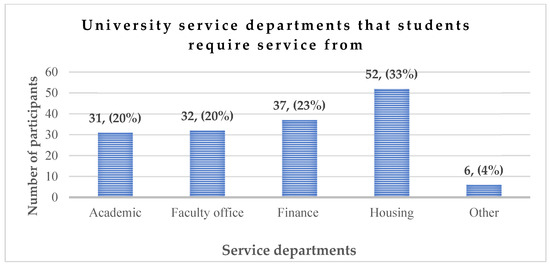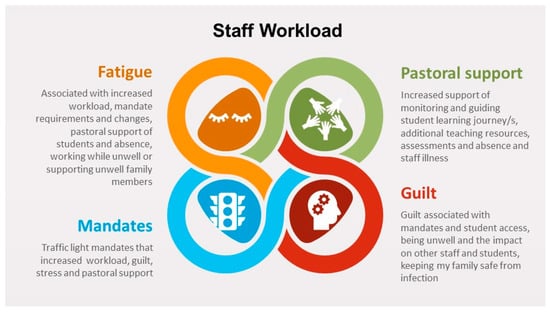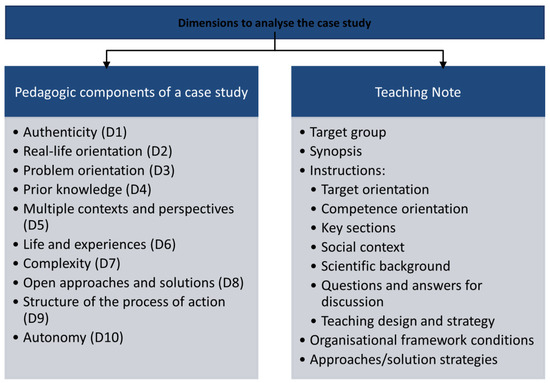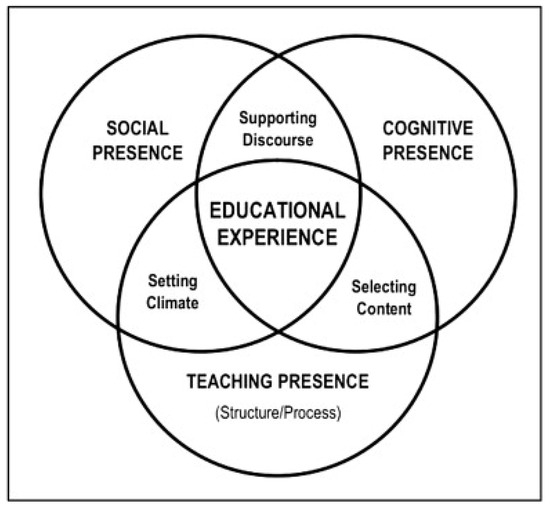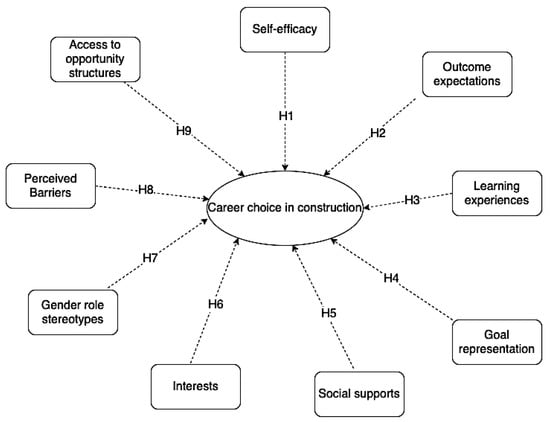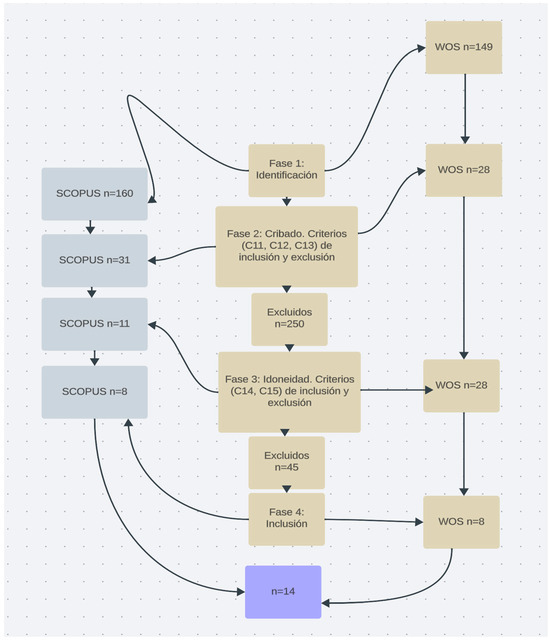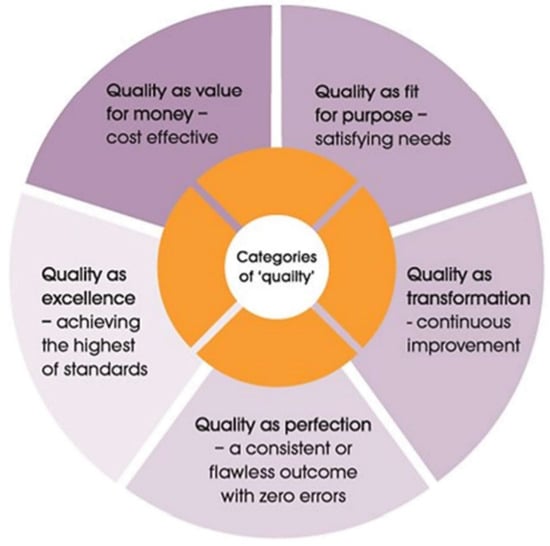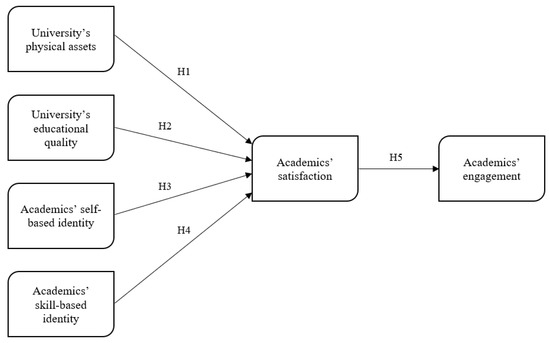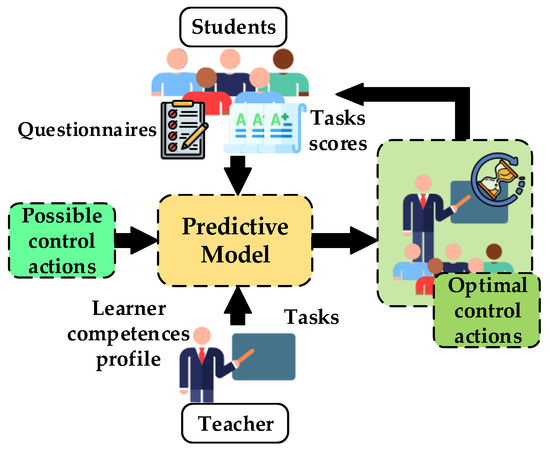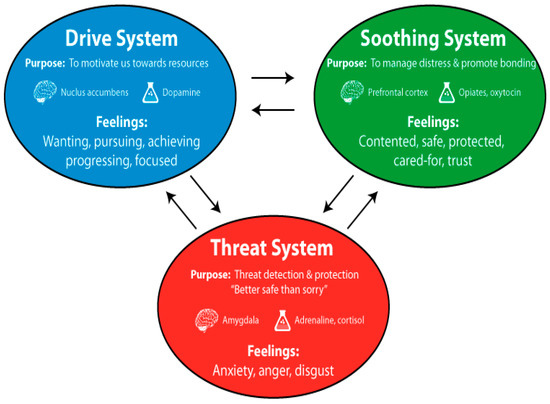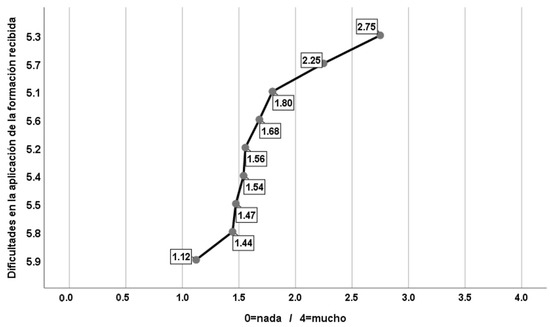Trends and Challenges in Higher Education
A topical collection in Education Sciences (ISSN 2227-7102). This collection belongs to the section "Higher Education".
Viewed by 39508Editors
Interests: higher education; smart hospitals; telemedicine; medical education; simulation;team training; patient safety curriculum design; work based assessment
Special Issues, Collections and Topics in MDPI journals
Interests: higher education; curriculum design; work based assessment; access; equity; medical education; team training; disaster medicine; humanitarian health; climate change and health
Topical Collection Information
Dear Colleagues,
In the field of education, interest in new methodologies, contexts, and technologies is rising. This Topical Collection intends, in this context, to address new research and trends in all dimensions of the educational process.
It will establish a global platform for the investigation and monitoring of specific challenges concerning education, namely: innovations in learning and pedagogies, digital technologies applied to Education, and new learning contexts.
Original research is requested, and authors are encouraged to contribute to the following topics with research papers: case studies and demonstrations, presenting original scientific observations, methodological aspects, concepts, and instructional technologies.
Specifically, the Topical Collection will be focused on:
- Technological Developments in Education: mobile technology, virtual environments, augmented reality, automation and robotics, and other tools for universal learning, focusing on issues that are not addressed by existing research.
- Digital Education: mobile learning, eLearning, game-based learning, social media in education, new learning models and technologies, and wearable technologies for education.
- Case Studies in Education: empirical studies in higher education regarding digital technologies, new methodologies, new evaluation techniques and tools, perceptions of learning processes efficiency and digital learning best practices.
Prof. Paul Barach
Prof. Dr. Donald A. Donahue
Collection Editors
Manuscript Submission Information
Manuscripts should be submitted online at www.mdpi.com by registering and logging in to this website. Once you are registered, click here to go to the submission form. Manuscripts can be submitted until the deadline. All submissions that pass pre-check are peer-reviewed. Accepted papers will be published continuously in the journal (as soon as accepted) and will be listed together on the collection website. Research articles, review articles as well as short communications are invited. For planned papers, a title and short abstract (about 100 words) can be sent to the Editorial Office for announcement on this website.
Submitted manuscripts should not have been published previously, nor be under consideration for publication elsewhere (except conference proceedings papers). All manuscripts are thoroughly refereed through a double-blind peer-review process. A guide for authors and other relevant information for submission of manuscripts is available on the Instructions for Authors page. Education Sciences is an international peer-reviewed open access monthly journal published by MDPI.
Please visit the Instructions for Authors page before submitting a manuscript. The Article Processing Charge (APC) for publication in this open access journal is 1800 CHF (Swiss Francs). Submitted papers should be well formatted and use good English. Authors may use MDPI's English editing service prior to publication or during author revisions.
Keywords
- higher education
- secondary education
- digital education
- innovations in education
- new pedagogical methods
- learning contexts
- medical education
- competency assessment
- simulation
- engaging learners digitally
- patient safety – event analysis & learning assessment
- harnessing the science of learning in the setting of a pandemic
- work based assessment
- faculty development





